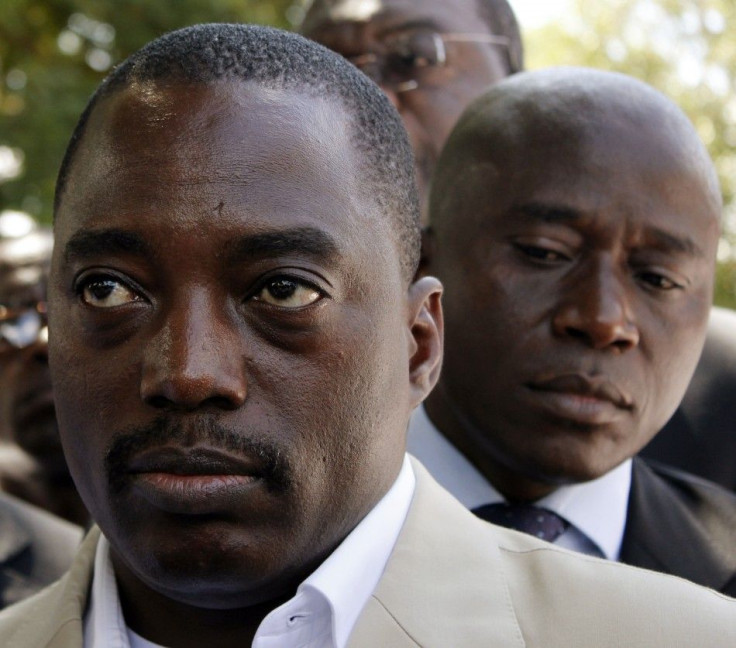Fears of Sectarian Violence Rising Ahead of National Elections in DR Congo

Human rights groups have issued a warning about rising sectarian violence in the Democratic Republic of Congo ahead of national elections slated for next month.
In a joint statement, forty such groups -- including International Crisis Group and Pole Institute -- said that violent clashes between police and opposition groups could lead to dangerous instability in the vast African nation in preparation for the November 28 poll.
Seven people have already been killed in such clashes in the capital city of Kinshasa. Moreover, last month five foreign aid workers were killed in the extremely volatile eastern part of the country.
The rights groups call on United Nations troops in the country to maintain peace to ensure stability and a smooth election. A fraudulent election, they said, could trigger another round of violence.
This election in [DR] Congo is the ultimate test. Is [DR] Congo on course to consolidate its fledgling democracy or return to a state of widespread instability, insecurity and violence? Thierry Vircoulon, the ICG's Central Africa director said.
Human Rights Watch (HRW) is also calling for political candidates to cease from using inflammatory language that could incite violence.
Candidates who incite violence could provoke a bloody election campaign, and judicial authorities need to step in to stop it, HRW's senior Africa researcher Anneke van Woudenberg said in a statement.
On Friday, the official campaign in DR Congo commenced.
The last election, in 2006, which was won by current President Joseph Kabila of the People's Party for Reconstruction and Democracy was characterized by nationwide violence. Kabila took over DR Congo in 2001, following the assassination of his father, Laurent. The following year, Kabila signed a peace agreement with rebel groups to end one of the most brutal civil wars in history – a conflagration that claimed at least 5 million lives.
Paul Nsapu, general secretary of the International Federation for Human Rights (FIDH), and chair of the Ligue des Electeurs in the DR Congo, encapsulated the ramifications of the election.
“The international community provides billions of dollars in assistance to DR Congo,” he stated. “[Dr Congo] cannot afford for fraudulent or poorly conducted elections to spark violence and set back development. We have significantly less electoral observers than in 2006. The international community must be strict in monitoring compliance with international standards, and strongly condemn any irregularities. After so many decades of war and plunder, the Congolese people deserve peace and stability – and really need support for that.”
Congo’s national election presents a huge tableau and massive logistical problems– the country has more than 60 million voters who will consider a field of 11 presidential candidates and almost 19,000 parliamentary candidates for only 500 parliamentary seats.
Kabila’s principal challenger will be opposition leader, Etienne Tshisekedi of the Union for Democracy and Social Progress party, who boycotted the 2006 election, charging it was marred by fraud.
HRW asserts that Kabila’s supporters have referred to Tshisekedi’s supporters as “mosquitoes” that should be “exterminated.”
Kabila has vowed to step down if he does not win the poll, but he added: “I know one thing for sure, I will not lose.”
© Copyright Thomson Reuters 2024. All rights reserved.











